Lessons From the Leveller Revolution
Counterfire
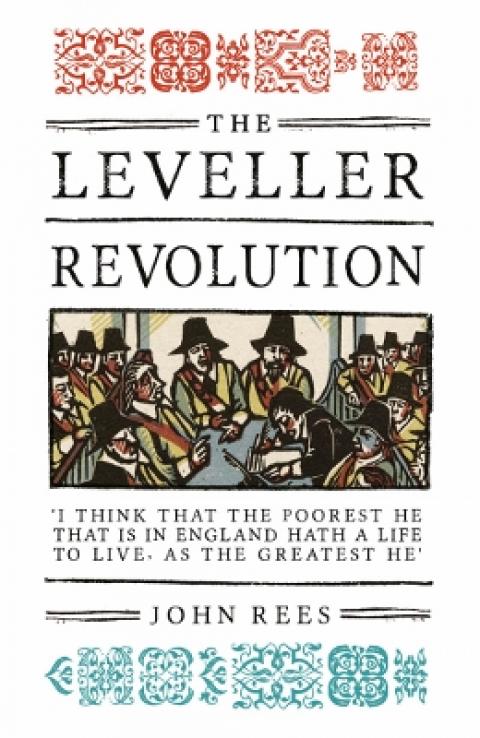
A look at the English Revolution's first decade, where radicals forced parliamentary leaders to complete the revolt against the monarchy, creating a some two decades-long republic through a genuine social revolution. The book's author is credited with bringing an activist's perspective to it and situating the uprising and the corresponding invention of the pamphlet as the basis for English popular sovereignty, despite the Glorious Revolution's return to a monarchy later.

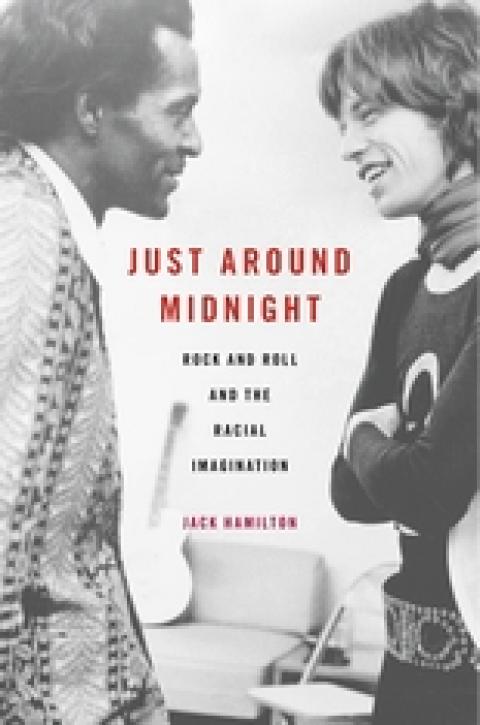

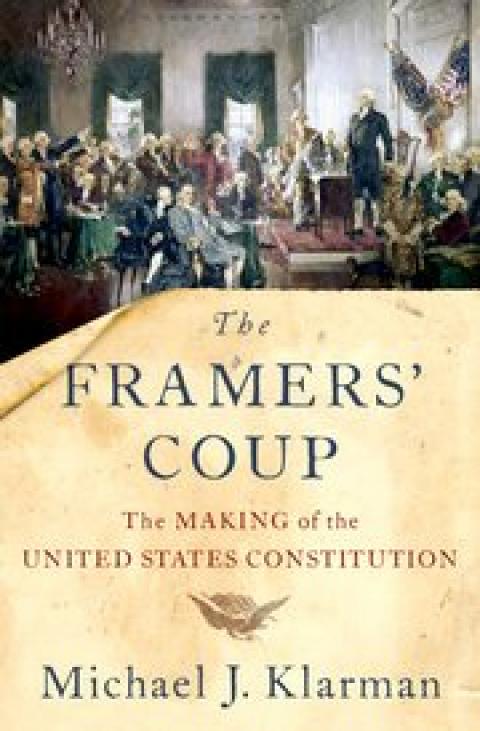
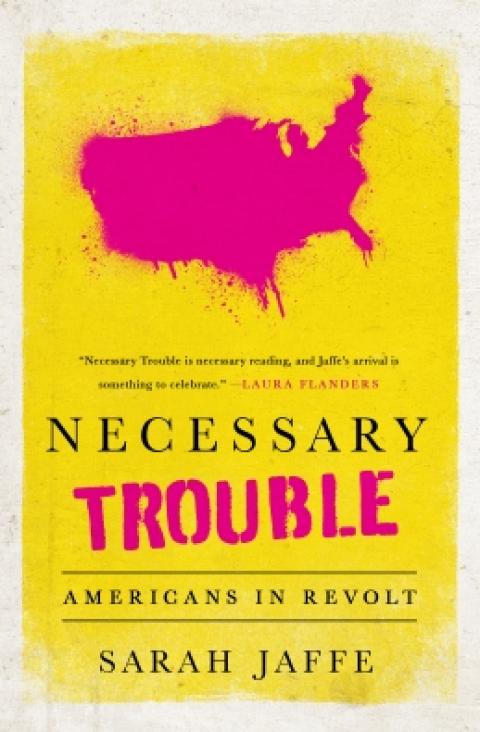
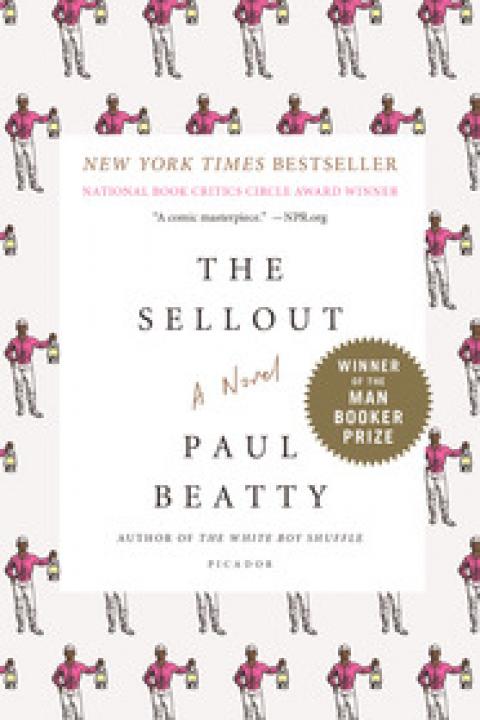

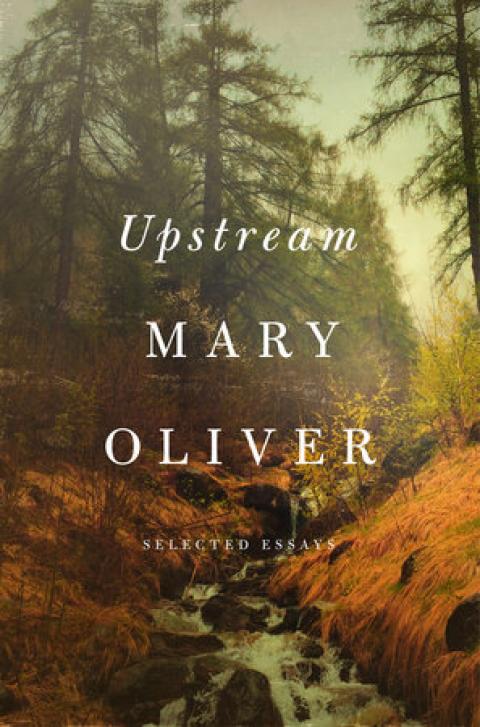
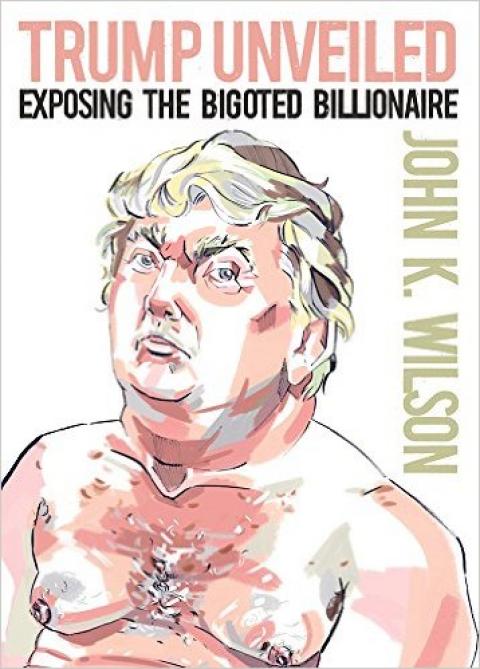
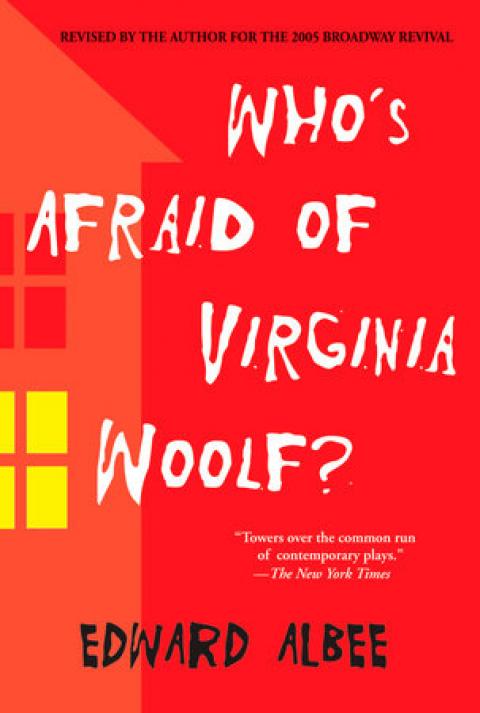
Spread the word